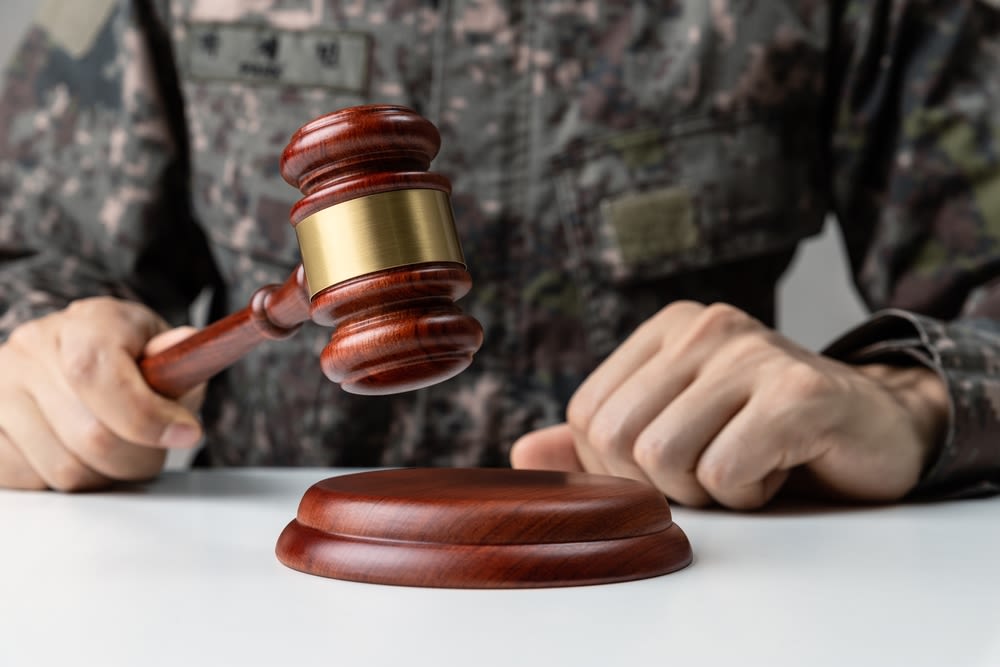
What to Know about Representing Veterans in the Criminal Defense System
Veterans are a specialized group of defendants in the criminal justice system, and they face a unique set of challenges. It’s essential for attorneys to understand the common legal issues that pertain to this group.
There are a broad range of mitigating circumstances that could affect a veteran’s criminal defense case. Many veterans face instability and the threat of homelessness, for instance, and 70% of homeless vets experience substance abuse. Mental illnesses and injuries that require long-term care are also more likely in veteran populations. While none of these factors go hand-in-hand with crime, veterans face increased pressures and hardships that put them at a greater risk for criminal activity. A veteran who was recently evicted and has very little money for food, for instance, may be desperate enough to steal from a grocery store.
It's crucial for courts and prosecutors to fully understand a veteran’s circumstances and perspective during a criminal trial. Therefore, representing veterans with care and understanding their needs makes all the difference in the world.
The Role of PTSD in Criminal Defense for Veterans
In a study of nearly 6,000 American veterans, 12.9% reported that they were diagnosed with PTSD. A separate study showed that 87% of participants were exposed to at least one traumatic event. Symptoms of PTSD can include sudden vivid flashbacks, intrusive thoughts, mood fluctuations, heightened reactivity and avoidant behaviors.
It’s important to note that few veterans will go on to be criminals. However, veterans are still more likely to be arrested at least once compared to nonveterans. According to Justice Department data, 8% of U.S. inmates are military veterans. The risk of incarceration is higher due to traumatic brain injuries, combat trauma, substance abuse, and post-traumatic stress disorder.
In many cases, veterans with PTSD believe they’re in danger even when they’re not due to intense flashbacks. If an individual attacks someone else believing they’re in a combat zone, this may be grounds for a PTSD defense. However, attorneys representing veterans must exhibit a PTSD diagnosis and show how it connects to the crime.
Drug and Alcohol Charges
Unfortunately, some veterans never receive the help they need to transition back to civilian life. They may choose to self-medicate with drugs and alcohol rather than confront their problems head-on. Over time, this can lead to drug possession charges, DUI/DWIs, assault charges and other criminal offenses. Having to deal with legal repercussions can also add to a veteran’s dire mental health situation.
Attorneys who represent veterans should be aware of these circumstances so they can make a strong case in court. Many veterans need access to rehabilitative treatment to turn their lives around, not jail time.
The Importance of Plea Agreements
Plea agreements can be highly useful for cases involving veterans. By pleading guilty to a lesser charge, veterans can avoid long, drawn-out trials and receive an outcome sooner. Those representing veterans can again use the individual’s experience, including trauma, to help them receive a reduced sentence. For some, care from a treatment facility may be required as opposed to jail time. If an addicted veteran committed a crime under the influence of alcohol or drugs, they may need to go to a rehab facility. Of course, the less violent the crime, the better. Prosecutors and judges will be more likely to be lenient if the crime was nonviolent and the offender admits some fault.
Looking for a Lawyer with Experience Representing Veterans? At Atkinson Law, We’ll Take Care of You Like Family
At Atkinson Law, we treat our clients like family. We listen to veterans and protect their interests so they can move forward in the next chapter of their lives. To learn more about what we do to represent veterans, contact us today by calling (410) 882-9595 or visiting our website.
